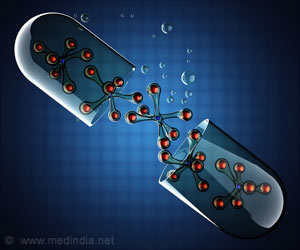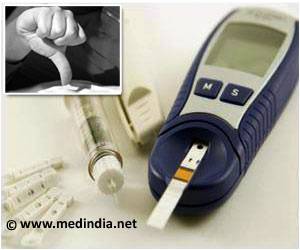This Tuesday a seminar was set up in Chennai to mark the occasion of ‘World Food Day’.
This Tuesday a seminar was set up in Chennai to mark the occasion of ‘World Food Day’. Here the United Nations World Food Programme director (India) Gian Pietro Bordignon gave that the poor implementation and management of India’s food-based programs have not allowed significant improvements in nutrition levels.
“Fifty-nine years after the universal declaration of human rights, the right to food remains a distant mirage for more than 850 million people around the world, and more than a quarter of them live in the Indian subcontinent,” Mr. Bordignon was quoted.Bordignon said the World Food Programme (WFP) would continue supporting national initiatives such as the Integrated Child Development Services (ICDS) and the mid-day meals scheme, with focus on improving their “management, performance and inclusiveness.” The WFP would also provide fortified supplementary foods through the ICDS and work towards enhancing the livelihoods of the poor through employment programs, he added.
Meanwhile, M.S. Swaminathan, Member of Parliament and chairman, M.S. Swaminathan Research Foundation stressed that India had only made a “slight” progress towards achieving the United Nations Millennium Development Goals of reducing hunger and poverty by half by 2015.
Quoting a 2007 United Nations report, Dr. Swaminathan said that 770 million Indians lived on less than Rs. 20 a day, and nutrition levels in the country were even worse than in sub-Saharan Africa, with 46 per cent of children under the age of five suffering from under-nutrition.
A “broad-based coalition” is expected to meet on November 6 to get every political party in the country to commit themselves, in their election manifestos, to enhancing nutrition security.
Better implementation of the Union Government’s ‘Seven Point Action Plan’ would help to improve nutrition levels, Dr. Swaminathan suggested.
Advertisement
Rekha Shetty, managing director, FarStar Distribution Network, a non-governmental organization, stressed the crucial role NGOs and individuals had to play in monitoring and supplementing the existing food programs.
Advertisement
1. Save lives in refugee crises and other emergencies
2. Improve nutrition and quality of life of world's most vulnerable people at critical times in their lives
3.Enable development by (a) helping people build assets that benefit them directly; (b) promoting the self-reliance of poor people and communities
Source-Medindia
ANN/V





